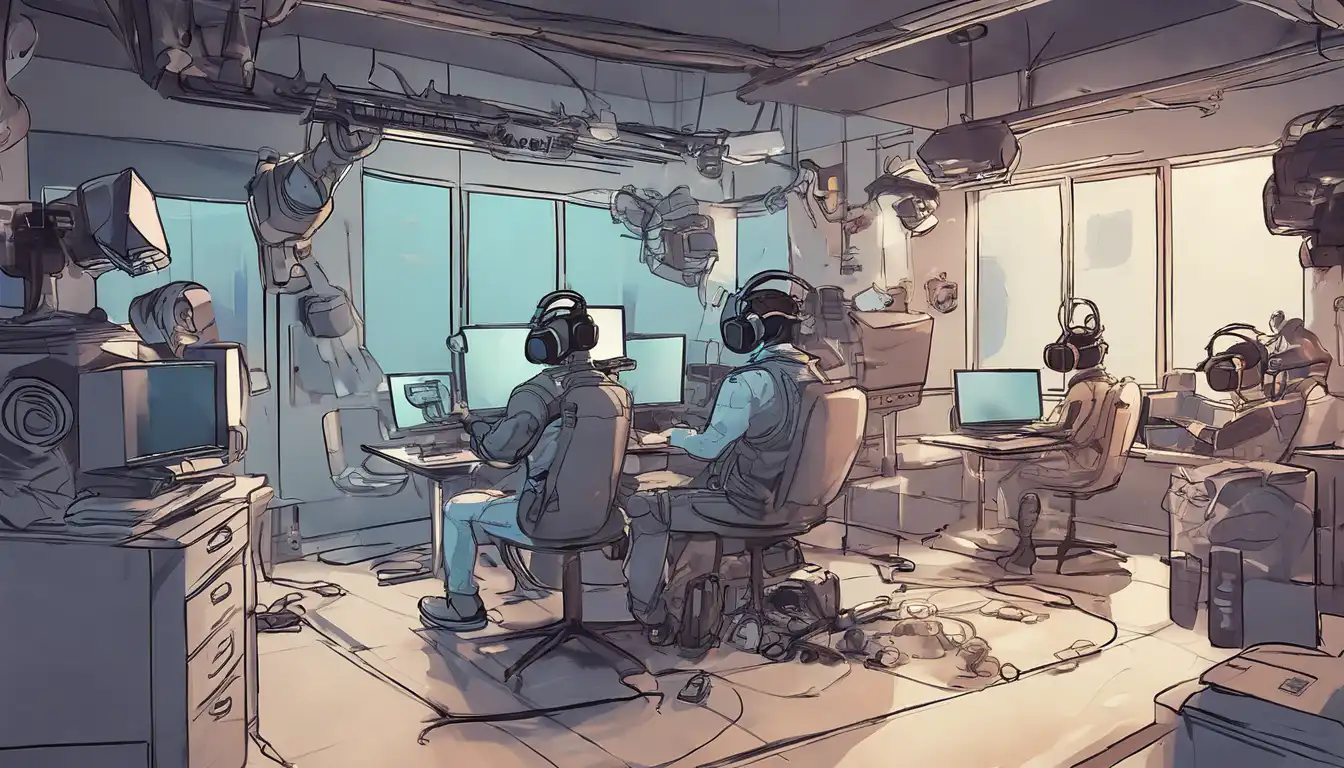Introduction to Virtual Reality Development
Virtual Reality (VR) development is an exciting field that combines creativity with technology to create immersive experiences. Whether you're interested in gaming, education, or enterprise applications, getting started with VR development can open up a world of possibilities. This guide will walk you through the basics of VR development, from understanding the hardware to choosing the right software tools.
Understanding VR Hardware
Before diving into development, it's essential to familiarize yourself with the hardware that powers VR experiences. The most common VR headsets include the Oculus Rift, HTC Vive, and PlayStation VR. Each has its own set of specifications and development requirements. For beginners, starting with a more accessible platform like the Oculus Quest can be a great way to get hands-on experience without needing a high-end PC.
Choosing the Right Software Tools
There are several software tools available for VR development, each catering to different aspects of the process. Unity and Unreal Engine are the most popular game engines for creating VR content, offering extensive documentation and community support. For those interested in web-based VR experiences, A-Frame and WebXR provide a more accessible entry point with HTML and JavaScript.
Learning the Basics of VR Programming
Programming for VR involves understanding 3D graphics, physics, and user interaction. Languages like C# (for Unity) and C++ (for Unreal Engine) are commonly used. Beginners should start with simple projects, such as creating a virtual environment or a basic interactive object, to build their skills gradually.
Best Practices for VR Development
Creating comfortable and engaging VR experiences requires attention to detail. Here are some best practices to keep in mind:
- Optimize performance to maintain high frame rates and reduce motion sickness.
- Design intuitive user interfaces that are easy to navigate in a 3D space.
- Test your applications on actual VR hardware to ensure compatibility and user comfort.
Resources for Further Learning
There are many resources available for aspiring VR developers. Online platforms like Udemy and Coursera offer courses on VR development, while communities like the Unity Forums and Unreal Engine Documentation provide valuable support. Additionally, attending VR meetups and conferences can help you connect with other developers and stay updated on the latest trends.
Embarking on your VR development journey can be both challenging and rewarding. By starting with the right tools and resources, you can create immersive experiences that captivate users. Remember, the key to success in VR development is continuous learning and experimentation.
